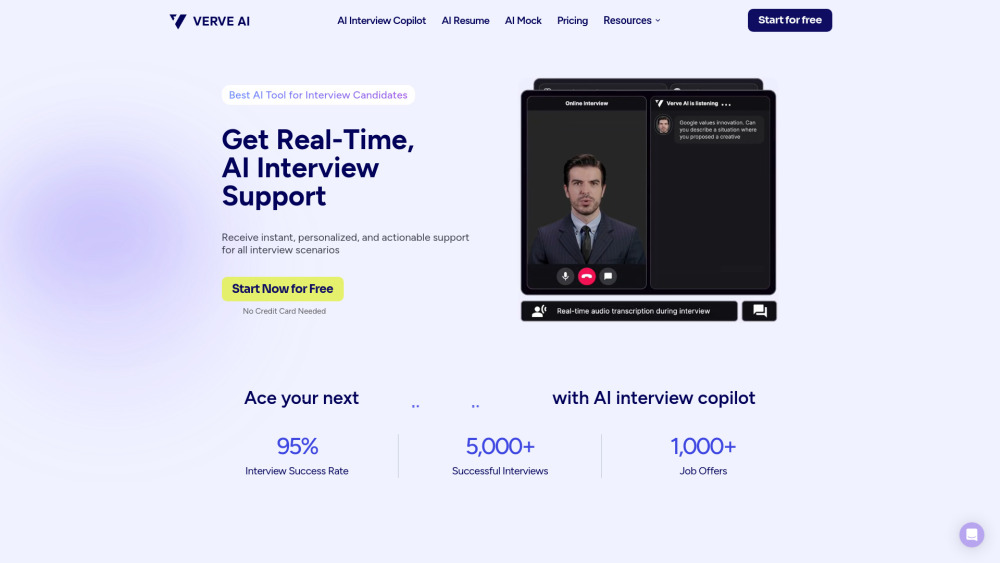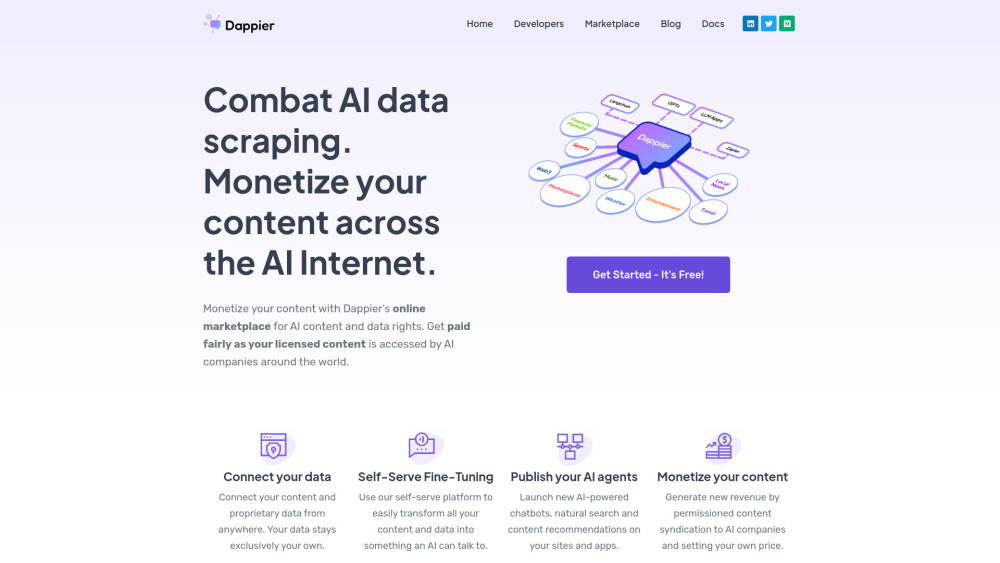Are You Confused About Artificial General Intelligence (AGI)?
If you've been wondering about artificial general intelligence, or AGI, you're in good company. This concept has captured the attention of OpenAI, which recently secured $6.6 billion to propel its vision of creating AGI for the greater good of humanity.
During an enlightening discussion at Credo AI’s Responsible AI Leadership Summit, Fei-Fei Li, a prominent figure in the AI field often referred to as the "godmother of AI," expressed her own uncertainty regarding AGI. Li is not only a co-founder of ImageNet, a pivotal dataset that fueled the current AI revolution, but she has also held significant roles, including Chief Scientist of AI/ML at Google Cloud and currently leads the Stanford Human-Centered AI Institute (HAI). Despite her impressive credentials, she candidly admitted, “I frankly don’t even know what AGI means.”
While addressing an audience in San Francisco, with the iconic Golden Gate Bridge as a backdrop, Li shared, “I come from academic AI and have been educated in rigorous, evidence-based methods, so I don’t fully grasp all these terms. People often say you know it when you see it; I guess I haven’t seen it.” Instead of immersing herself in complex terminology, she focuses on what she considers more pressing matters.
If anyone could clarify AGI, it would likely be Fei-Fei Li, known for shaping modern AI infrastructures. In her groundbreaking work, ImageNet—created in 2006—laid the foundation for training algorithms that spurred immense advancements in artificial intelligence.
Sam Altman, CEO of OpenAI, attempted to define AGI in a profile with The New Yorker, likening it to “the equivalent of a median human that you could hire as a coworker.” OpenAI’s charter further elaborates that AGI comprises “highly autonomous systems that outperform humans at most economically valuable work.”
Yet, these definitions may not have satisfied a valuation of $157 billion, prompting OpenAI to devise five internal progress levels toward AGI: chatbots (like ChatGPT), reasoners, agents, innovators, and organizational AI—machines capable of performing the workload of an entire organization. Still unclear? So are many of us, including Li, as this all appears to exceed the capabilities of a median human coworker.
Earlier in the discussion, Li recounted how her fascination with intelligence began in childhood, prompting her interest in AI long before it became commercially viable. “In 2012, my ImageNet, combined with AlexNet and GPUs, is often cited as the birth of modern AI,” she noted. “This revolution was driven by three critical elements: big data, neural networks, and GPU technology.”
On the topic of California’s contentious AI bill, SB 1047, Li delicately navigated the discussion, keen to avoid reigniting a heated debate recently settled by Governor Newsom’s veto. “I’ve had my concerns regarding SB 1047, but now I’m focused on excitedly looking forward,” she stated, acknowledging her invitation from the Governor to participate in post-SB 1047 initiatives.
Governor Newsom has enlisted Li and fellow AI experts to develop a task force aimed at establishing regulatory frameworks for AI deployment. In this role, Li emphasizes utilizing evidence-based methods and advocating for support of academic research, all while ensuring that technologists aren't unfairly penalized.
“The focus should be on the potential impact on people and communities instead of targeting the technology itself,” Li argues. “Just as we wouldn’t penalize an automotive engineer because of potential misuse, we must refine our regulatory frameworks to encourage innovation while ensuring safety.”
This rationale offers a compelling perspective against punitive measures proposed in SB 1047 that could have negatively impacted technology companies developing AI.
In addition to advising California on AI regulations, Li is also leading her startup, World Labs, in San Francisco. This venture marks her first experience as a founder, and she stands as one of the few women spearheading an AI lab on the cutting edge.
“We still have a long way to go in achieving a diverse AI ecosystem,” she remarked. “I firmly believe that diverse human intelligence will lead to diverse artificial intelligence, resulting in improved technology.”
Looking ahead, Li is excited to advance “spatial intelligence,” a concept she believes has far-reaching implications. While human language development likely spans a million years, vision and perception have evolved over 540 million years, indicating that constructing large world models poses considerable challenges.
“It’s not just about making computers see; we need them to understand three-dimensional environments,” Li explained. “We aim to transform how machines perceive and navigate the world, bridging the gap between seeing and doing, which demands a deep spatial understanding.” As a technologist, she is thrilled about these prospects.




